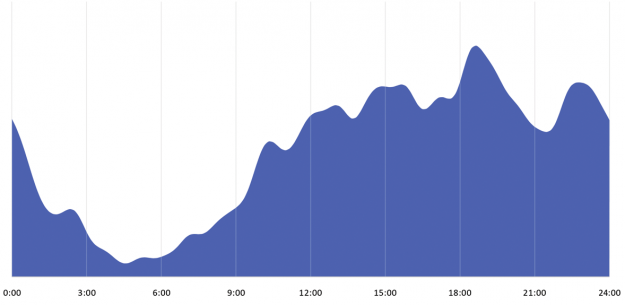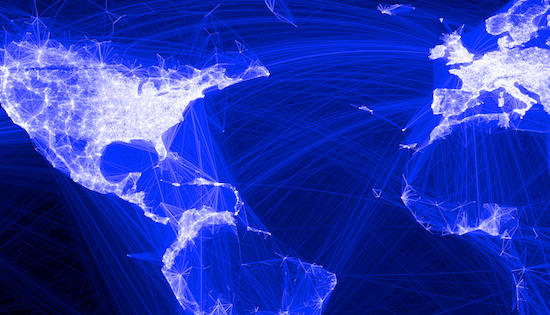I’m 42 and an Internet scholar. I feel like the oldest of fogies when I begin talking to young people about how “the Internet is changing everything.” Yesterday I felt a hind of old timer solidarity listending to a podcast converstaion between two of my favorite comedians. Tom Scharpling, host of The Best Show on WFMU (my favorite podcast) was a guest on comedian Mark Maron’s WTF show (my other favorite podcast) and the conversation turned to the Internet. I’m paraphrasing here a bit:
Scharpling: It is a very bad thing to have a 4(?) on your age… you’ve seen three lifetimes worth of changes in 20 years, and it’s the wrong 20 years to grow up in….
Maron: The world was analog and now it’s digital
Scharpling: a kid whose growing up with these things now, it just informs the world and that’s it. You can’t be 20 and writing a letter to somebody and then 20 years later the whole world is turned upside down…
Maron: now there’s 100 letters you have to process every day. Part of your daily routine is like half a year!
The truth is that the information deluge they discuss is the tip of the iceberg. Take the idea of the social graph, or a global mapping of relationships. In Internet terms, a map of relationships is invaluable for targeting advertising. The Pinboard blog has a perfect description of it:
Imagine the U.S. Census as conducted by direct marketers – that’s the social graph.
Social networks exist to sell you crap. The icky feeling you get when your friend starts to talk to you about Amway, or when you spot someone passing out business cards at a birthday party, is the entire driving force behind a site like Facebook.
Here’s how Facebook intends to use the social graph…
Zuckerberg imagines Facebook as, eventually, a layer underneath almost every electronic device. You’ll turn on your TV, and you’ll see that fourteen of your Facebook friends are watching “Entourage,” and that your parents taped “60 Minutes” for you. You’ll buy a brand-new phone, and you’ll just enter your credentials. All your friends—and perhaps directions to all the places you and they have visited recently—will be right there.
For a 40 something like me, this is jarring. The amount of data collected on me through my Internet activity gets process through my formative experiences. For for today’s students, this is water to fish. This example creeps me out:
Austrian law student Max Schrems, because European law states that citizens can do this, requested all the data Facebook had about him. He got back a CD with 1,222 PDF files

I don’t know if it creeps out 20 somethings. I’m not even sure if it should?


Comments